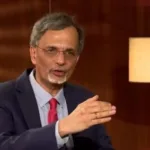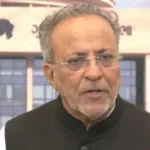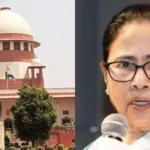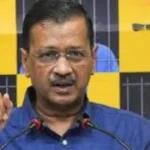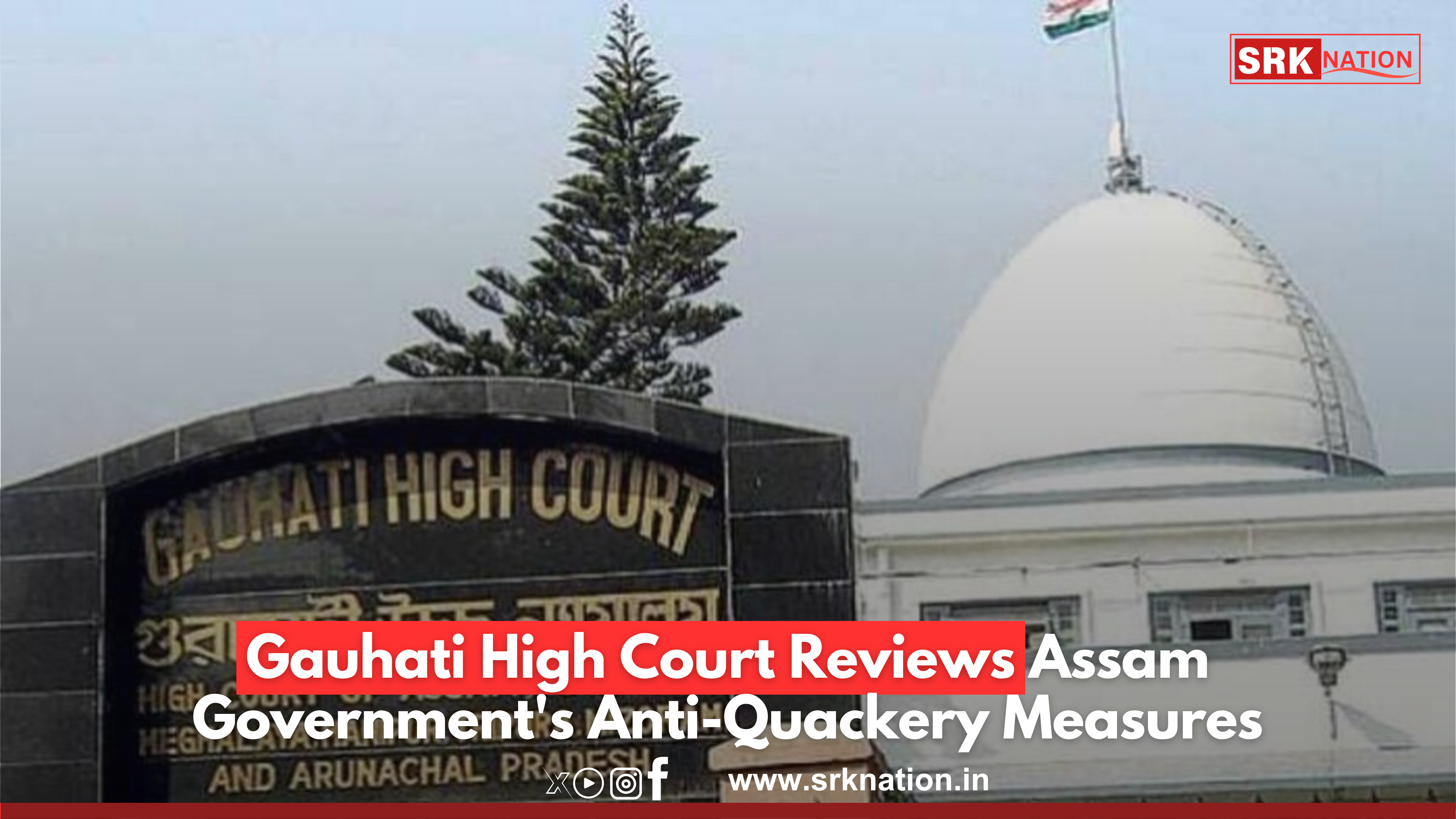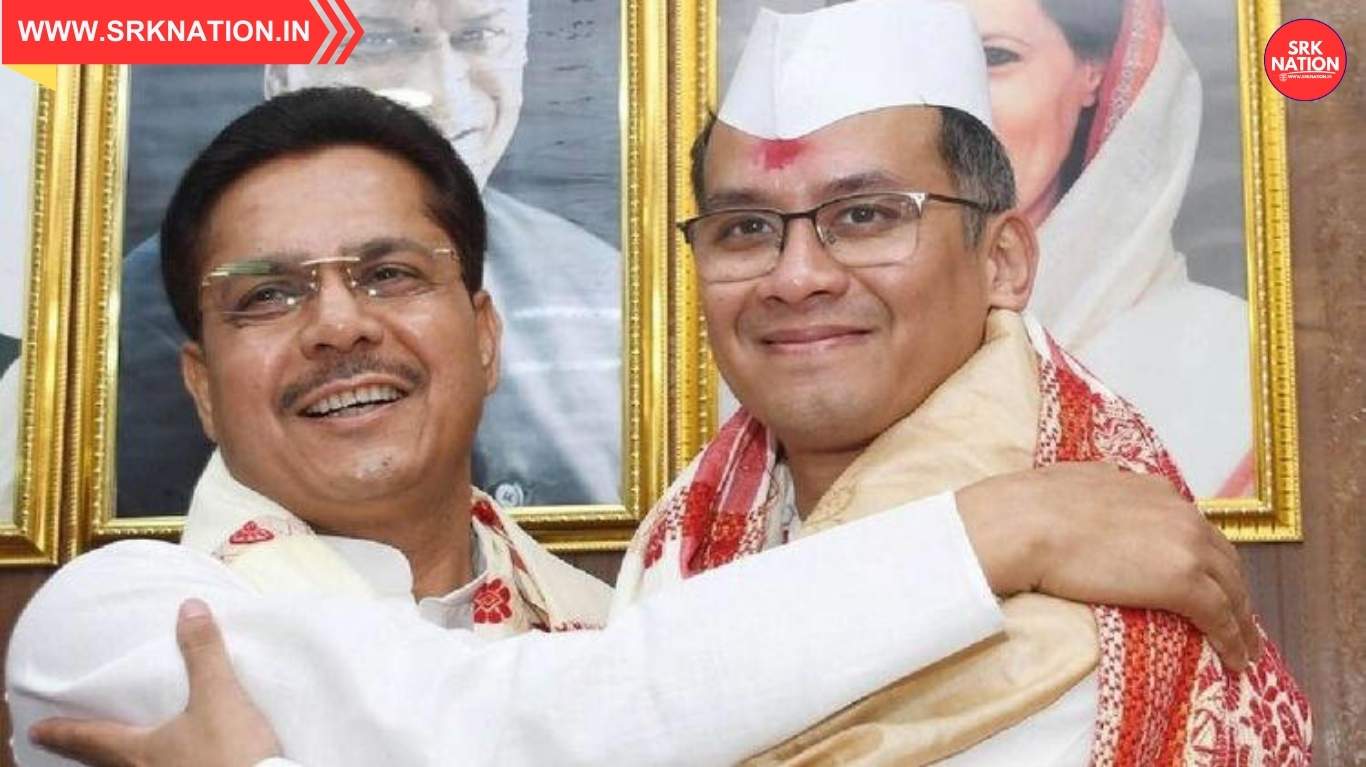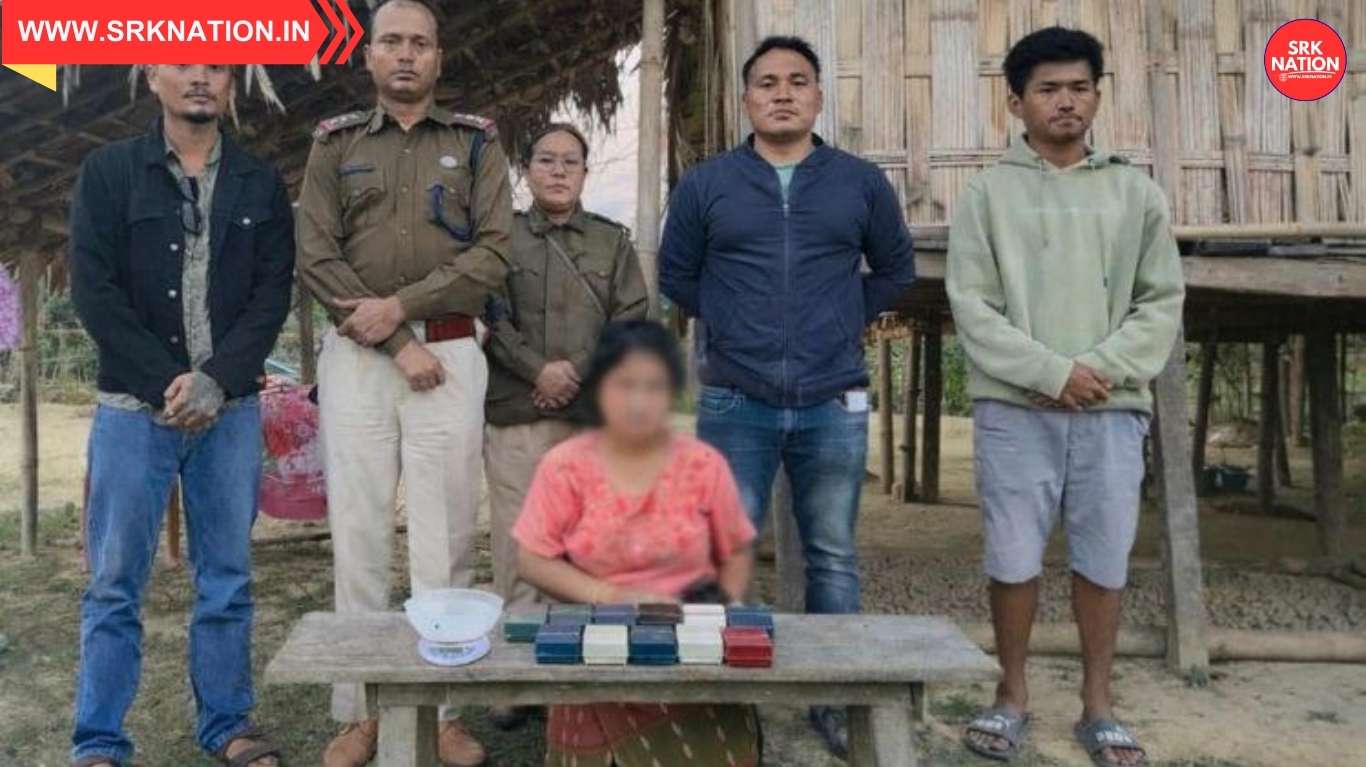The Gauhati High Court has taken a proactive stance in addressing the issue of unqualified medical practitioners, commonly referred to as “quacks,” operating across Assam. During a recent hearing, the court reviewed the Assam government’s anti-quackery measures and directed the state to submit a detailed factual report on the actions taken against fake doctors.
Court’s Observations
A division bench comprising Chief Justice Vijay Bishnoi and Justice Kaushik Goswami noted that Anti-Quackery Units have been established in nearly every district of Assam. These units are actively inspecting clinical establishments to identify and penalize unqualified practitioners. However, the court expressed concerns over the pace of inspections, emphasizing the need for more rigorous and timely action.
Government’s Efforts
The Director of Health Services, Assam, filed an affidavit outlining the measures implemented to curb the menace of quackery. The affidavit highlighted the formation of Anti-Quackery Units and the appointment of Dr. Abhijit Neog as the Anti-Quackery & Vigilance Officer by the Assam Council of Medical Registration. Dr. Neog, a seasoned medical professional, has been instrumental in exposing fraudulent medical practitioners in the state.
Petitioner’s Concerns
The petitioner, represented by senior counsel, raised concerns about the effectiveness of the anti-quackery measures. While acknowledging the steps taken, the petitioner argued that the speed and efficiency of inspections remain unsatisfactory. The court has directed both the state government and the petitioner to file updated reports on the progress made by the next hearing, scheduled for July 2025.
Significance of the Issue
The prevalence of unqualified medical practitioners poses a serious threat to public health and safety. The Gauhati High Court’s intervention underscores the importance of stringent measures to eliminate quackery and ensure the integrity of medical services in Assam.
This ongoing case highlights the judiciary’s role in safeguarding public health and holding authorities accountable for effective implementation of policies. The outcome of the court’s directives will be closely monitored by stakeholders and the public alike.

